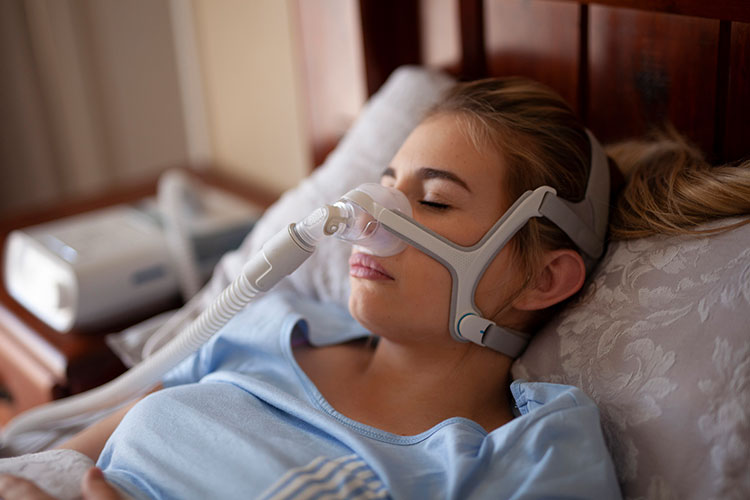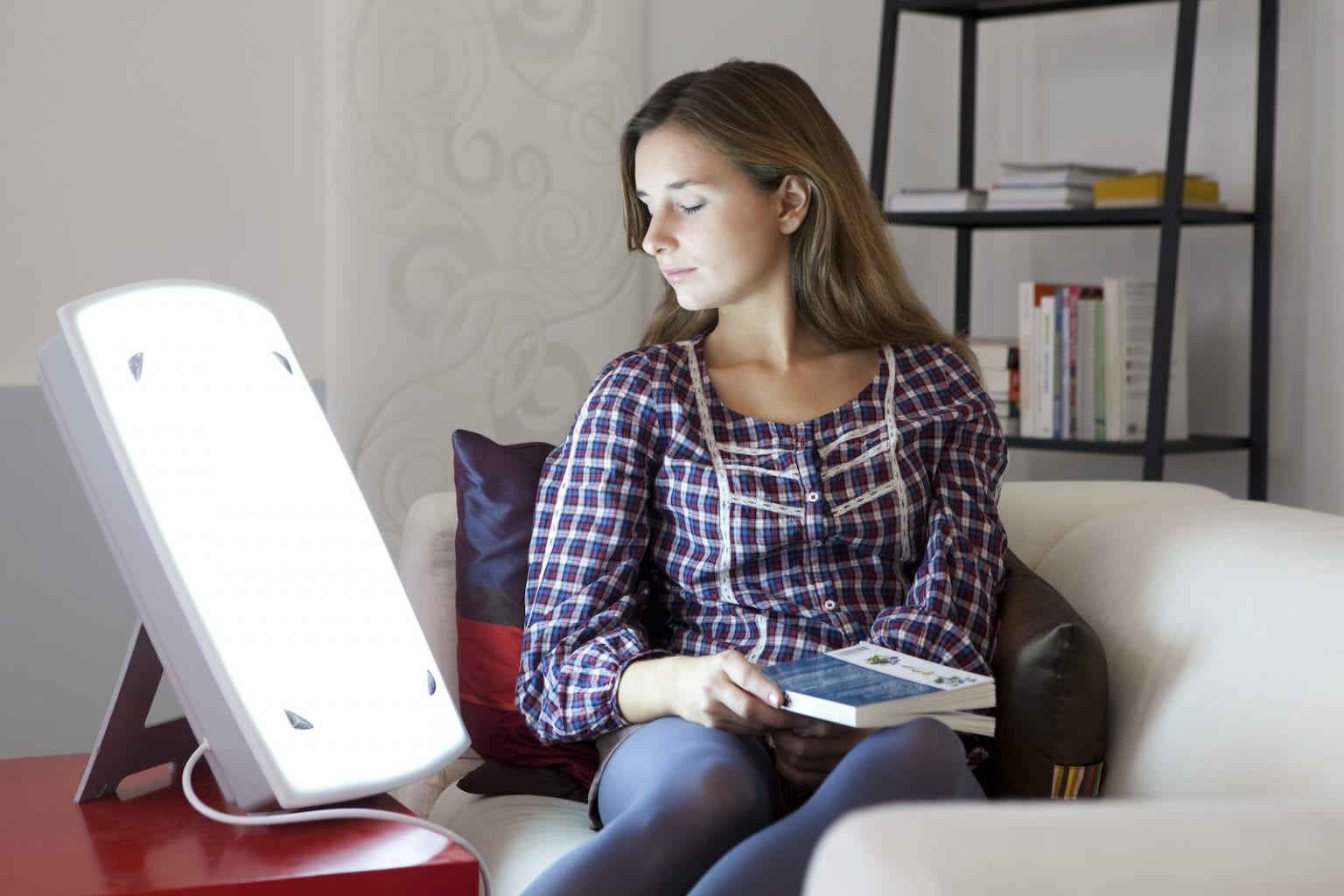Experienced Insomnia Specialist - Personalized Look After Better Sleep
Experienced Insomnia Specialist - Personalized Look After Better Sleep
Blog Article
Efficient Treatment Solutions for Managing Sleep Disorders and Enhancing Relaxing Sleep
In the world of health care, the management of rest problems and the mission for relaxing sleep are crucial elements of overall wellness. Effective treatment remedies use a multifaceted strategy to take on these obstacles, ranging from cognitive behavioral treatments to alternative techniques that promote relaxation and mindfulness. The exploration of numerous techniques, consisting of the assimilation of medication and light treatment, opens a realm of possibilities in the quest of far better sleep top quality. As we navigate the complex landscape of rest conditions and look for to boost our rest experience, a deeper understanding of these therapy options may hold the key to opening a more refreshing and fulfilling corrective trip.
Cognitive Behavior Modification for Sleep Problems (CBT-I)
Cognitive Behavioral Therapy for Sleeplessness (CBT-I) is an organized, evidence-based treatment method that concentrates on attending to the hidden variables adding to sleep disturbances. This type of therapy aims to customize habits and thoughts that intensify sleep problems, eventually advertising healthy rest patterns. CBT-I normally involves several key elements, consisting of cognitive therapy, sleep restriction, stimulation control, and sleep hygiene education.
Cognitive therapy assists individuals identify and transform adverse idea patterns and ideas regarding rest that may be hindering their capacity to drop or remain asleep. Sleep restriction entails restricting the quantity of time spent in bed to match the person's actual rest period, therefore raising rest effectiveness (sleep disorder treatment). Stimulation control strategies assist establish a solid organization between the bed and rest by motivating individuals to go to bed just when sleepy and to stay clear of involving in promoting activities in bed
In addition, sleep hygiene education concentrates on creating healthy and balanced sleep practices, such as keeping a consistent rest routine, creating a relaxing going to bed routine, and maximizing the sleep setting. By attending to these elements adequately, CBT-I provides an efficient non-pharmacological intervention for handling insomnia and boosting general rest quality.
Rest Hygiene Practices
Having established the structure of cognitive restructuring and behavior adjustments in attending to insomnia via Cognitive Behavior modification for Sleeplessness (CBT-I), the focus currently shifts in the direction of exploring necessary Rest Health Practices for maintaining optimal rest top quality and overall well-being.
Rest health techniques encompass a range of behaviors and environmental elements that can substantially influence one's capability to fall asleep and remain asleep throughout the night. Constant sleep and wake times, producing a relaxing bedtime regimen, and enhancing the rest setting by keeping it dark, quiet, and cool are critical parts of great sleep health. Restricting direct exposure to displays before bedtime, avoiding stimulants like high levels of caffeine near going to bed, and participating in normal physical task throughout the day can additionally advertise better sleep quality.
In addition, exercising relaxation methods such as deep breathing exercises or meditation prior to bed can help calm the mind and prepare the body for rest. By integrating these sleep health techniques right into one's daily regimen, individuals can establish a healthy and balanced sleep pattern that sustains peaceful sleep and total wellness.
Leisure Methods and Mindfulness
Executing relaxation techniques and mindfulness techniques can play a critical function in cultivating a sense of calmness and advertising top quality sleep. Additionally, assisted images can assist transfer people to a peaceful place in their minds, helping in tension decrease and boosting sleep quality.
Mindfulness techniques, such as reflection and yoga exercise, are additionally effective in promoting relaxation and improving sleep. Mindfulness urges people to remain present in the moment, allowing go of fret about Discover More the past or future. By integrating these methods right into a going to bed regimen, people can indicate to their bodies that it is time to relax and prepare for sleep. Overall, integrating relaxation techniques and mindfulness practices can dramatically contribute to taking care of rest problems and improving total rest quality.

Medication Options for Rest Disorders
After exploring leisure methods and mindfulness methods as non-pharmacological interventions for boosting rest quality, it is important to think about medication choices for individuals with rest disorders. In instances where way of living changes and treatment do not provide adequate alleviation, medicine can be a valuable tool in handling sleep disturbances.
Commonly prescribed drugs for rest disorders include Go Here benzodiazepines, non-benzodiazepine hypnotics, antidepressants, and melatonin receptor agonists. Antidepressants, such as trazodone, can be advantageous for individuals with co-occurring clinical depression and sleep disturbances - insomnia specialist.
It is essential for people to speak with a healthcare supplier to figure out one of the most suitable medication alternative based upon their certain rest problem and case history.
Light Treatment for Body Clock Guideline
Light therapy, likewise referred to as phototherapy, is a non-invasive treatment technique made use of to regulate body clocks and enhance sleep-wake cycles. This treatment involves exposure to intense light that simulates all-natural sunlight, which assists to reset the body's inner clock. By subjecting individuals to particular wavelengths of light, normally in the morning or evening relying on the desired result, light therapy can successfully readjust the circadian rhythm to promote wakefulness throughout the day and enhance peaceful rest at night.
Research study has actually shown that light therapy can be especially advantageous for people with circadian rhythm problems, such as postponed rest stage syndrome or jet lag. It can likewise be helpful for those experiencing seasonal affective condition (SAD), a kind of clinical depression that usually takes place throughout the wintertime months when natural light direct exposure is lowered. Light treatment is generally well-tolerated and can be utilized combined with various other therapy techniques for rest problems to maximize end results and boost overall sleep high quality.
Final Thought
Finally, efficient therapy options for handling sleep conditions and enhancing restful sleep consist of Cognitive Behavior modification for Sleep Problems (CBT-I), rest health techniques, leisure strategies and mindfulness, medicine alternatives, and light treatment for circadian rhythm policy. These strategies can help people improve their rest top quality and general wellness. It is important to talk to a medical care provider to establish one of the most ideal approach for addressing rest issues.
As we navigate the elaborate landscape of rest conditions and seek to enhance our rest experience, a deeper understanding of these treatment services may hold the secret to opening a much more rejuvenating and fulfilling corrective trip.
Sleep constraint entails restricting the amount of time invested read what he said in bed to match the person's real sleep period, thus raising rest performance. Consistent rest and wake times, creating a relaxing going to bed regimen, and optimizing the rest environment by keeping it dark, quiet, and cool are critical elements of excellent rest hygiene. Light treatment is generally well-tolerated and can be utilized in conjunction with various other therapy techniques for sleep disorders to enhance end results and improve total rest quality.

Report this page